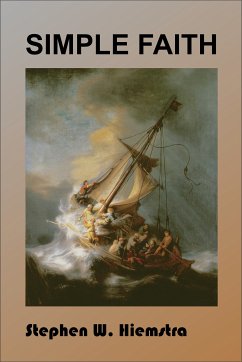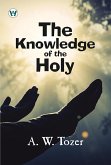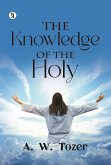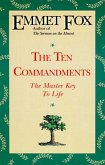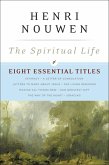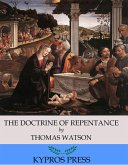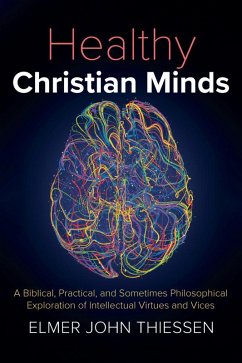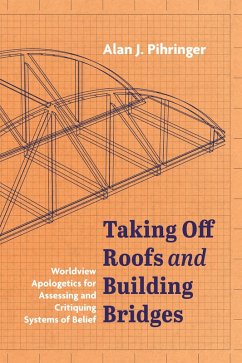An important implication of this study is that faith plays a critical role into how we think, learn, and make decisions in the context of limited resources and an uncertain future. Even scientific inquiry requires faith, which normally gets hidden in untested assumptions and presumptions about what is interesting to investigate. Often the critical arguments driving our decisions are not cold hard facts, but the stories that we tell in the midst of complex decision environments.
The timing of this inquiry is critical. The movement from modern to postmodern thinking has upended most institutions, but especially the Christian church. The separation of heart and mind, which characterizes modern thinking, eroded faith leaving the church in a weak position to adapt to the rapid changes accompanying postmodernism. Ironically, postmodern thinking that values storytelling favors Christian faith because the Gospel of Jesus Christ is the best story around.
Dieser Download kann aus rechtlichen Gründen nur mit Rechnungsadresse in A, B, BG, CY, CZ, D, DK, EW, E, FIN, F, GR, H, IRL, I, LT, L, LR, M, NL, PL, P, R, S, SLO, SK ausgeliefert werden.
Hinweis: Dieser Artikel kann nur an eine deutsche Lieferadresse ausgeliefert werden.

